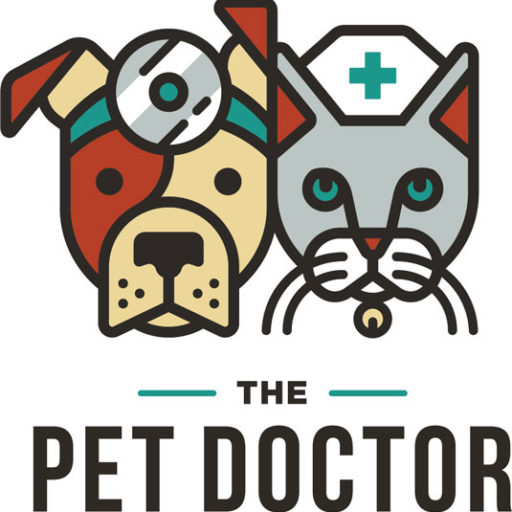A dreaded four letter word. Quite possibly one of the dirtiest of them all… DIET. Now before you keep scrolling let me assure you that today I don’t want to chat about weight loss diets for your pets. I want to touch on a big concern for most pet owners; what you should be considering when picking a food for your pet.
Now more than ever the pet parents wawant to know the best thing to feed the four legged member of their family. The choices that they face seem endless and the advice offered is often conflicting. It is hard enough to make sure my four children (who could survive on fruit and chicken nuggets) are getting a balanced diet without trying to do the same for my dog. Luckily there are a variety of good choices already formulated by veterinary nutritionists. So which one is the best?
Even with veterinary training it is hard to keep up with all the new diets on the market. I wanted to give you some criteria I use to help narrow my options.
First, let’s address the grain free option. I’ll cut right to the chase and tell you to avoid this option! Food allergies/sensitivities in pets are more often associated with the protein source. While there is a small subset of animals sensitive to grain this is the exception. The most recent research has shown grain free diets cause heart disease. This is a topic that could be a post by itself so I’ll leave it here for now. Take home point – grain free is most likely more harmful than helpful.
One of the best measures of our pets diets is AAFCO testing. If I have a bag of food that says AAFCO approved I know that what is on the label of the diet is actually in there. You may also find foods that say “Meets AAFCO standards.” These foods have tried to follow guidelines but have not been through the testing.
So what to do if you have a food your dog loves and is doing well on but doesn’t have the AAFCO seal of approval? A document is published every year for global veterinarian nutrition assessment guidelines. I’ll post the link below but fair warning it is more than you’ve ever wanted to know on the topic! To save you some invigorating reading, below is a small section on important questions to ask your food manufacturer.
- “Do you have a veterinary nutritionist or equivalent on staff in your company? Are they available for consultation or questions?
- Who formulates your foods and what are their credentials?
- Which of your diet(s) are tested using AAFCO feeding trials, and which by nutrient analysis?
- What specific quality control measures do you use to assure the consistency and quality of your product line?
- Where are your foods produced and manufactured? Can this plant be visited?
- Will you provide a complete product nutrient analysis for the dog and cat food of interest, including digestibility values?
- What is the caloric value per gram, can, or cup of your foods?
- What kind of research on your products has been conducted, and are the results published in peer-reviewed journals?”
For more information on AAFCO and globally recommended veterinary nutrition assessments please reference. Knowledge is power, right?!? https://www.wsava.org/WSAVA/media/Documents/Guidelines/WSAVA-Nutrition-Assessment-Guidelines-2011-JSAP.pdf
There is so much more we could cover on the topic of nutrition (home made, raw, boutique diets, etc).
If you have questions about specific diets or the best option for your pet we encourage you to set up a consult. If your questions extend beyond our level of knowledge we are more than happy to help set up a consult with a veterinary nutritionist!
Have Questions?
We’re here to help! Click the button below to contact us directly through our website.
